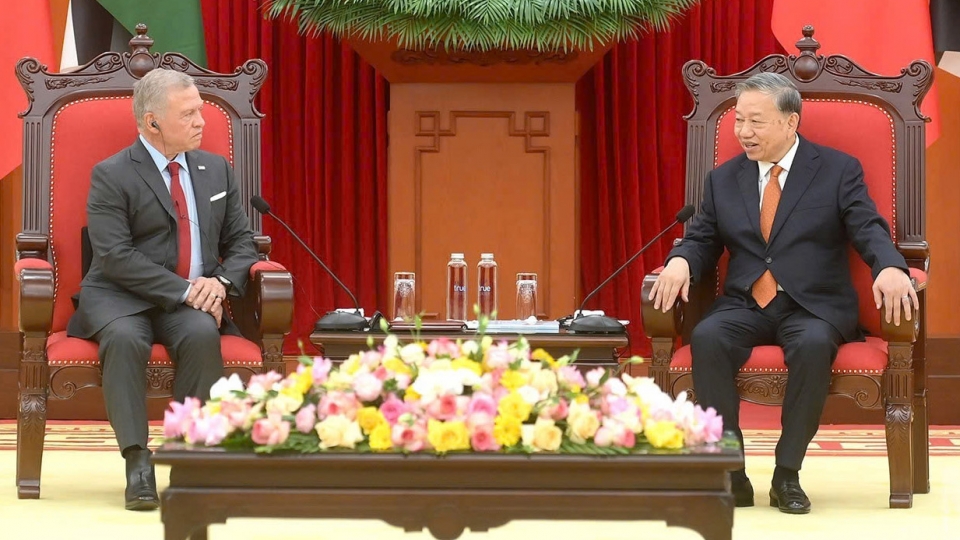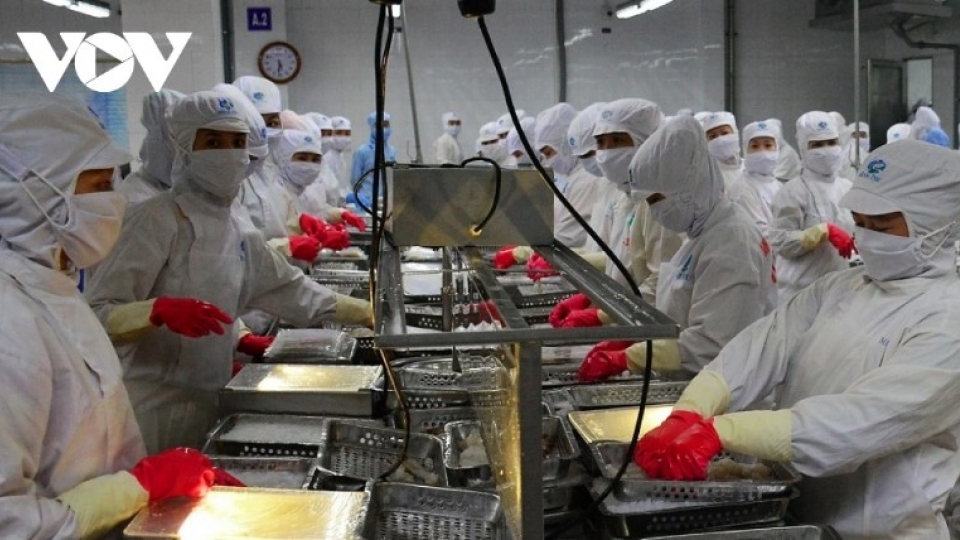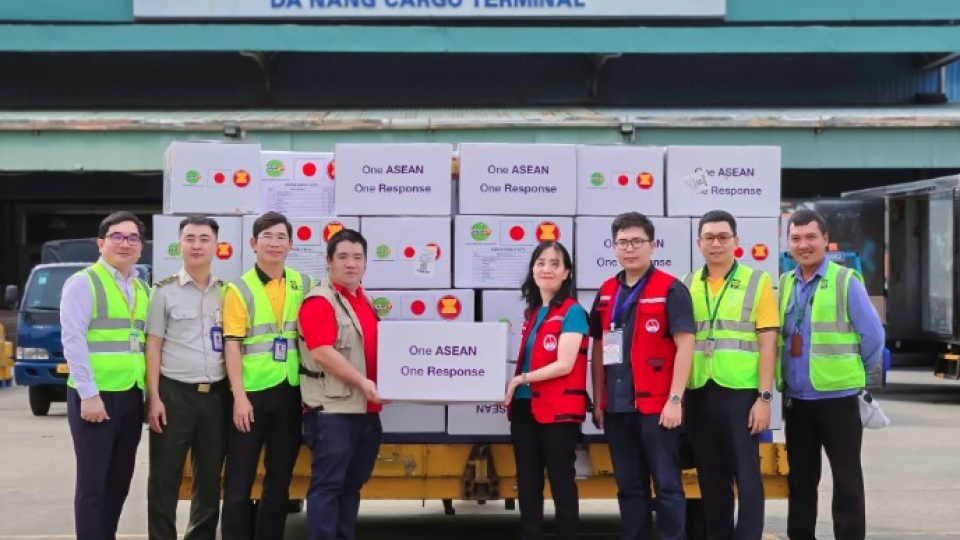Tag: automobile
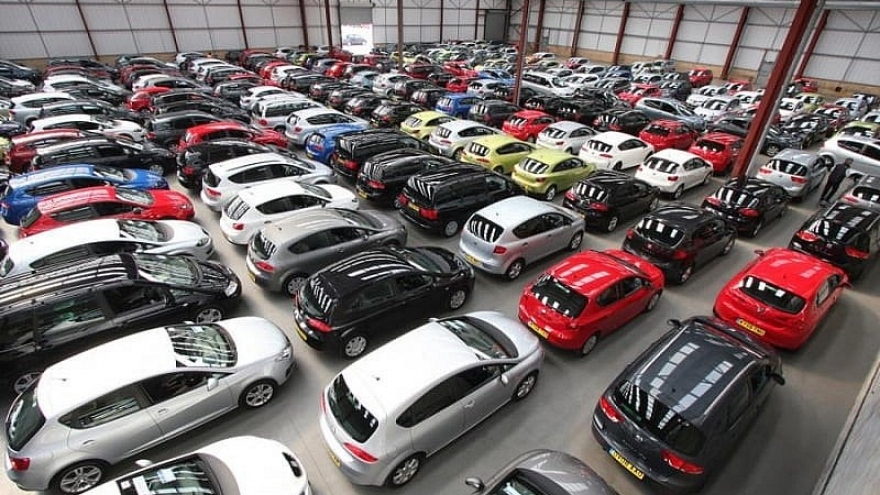
Vietnam's automobile market in fifth place in the region
The decline in domestic automobile consumption and its drop to fifth place in Southeast Asia can be attributed to both external and internal factors, according to industry insiders.

Auto sales plunge despite registration fee cut by half
2023 was a challenging year for the Vietnamese automobile market as sales fell 25% year-on-year despite a 50% cut in the registration fee from July 1, according to the Vietnam Automobile Manufacturers Association (VAMA).

Domestic automobile market experiences hard year
The domestic automobile market has faced both opportunities and challenges in the year 2023. Car experts believe that 2023 is a crucial year for Vietnam to establish itself as an emerging market in the auto industry, with hopes of achieving this status in 2024.

Vietnamese auto market goes sideways in second consecutive month
November was the second consecutive month that the auto market went sideways, reported the Vietnam Automobile Manufacturers’ Association (VAMA) on December 12.
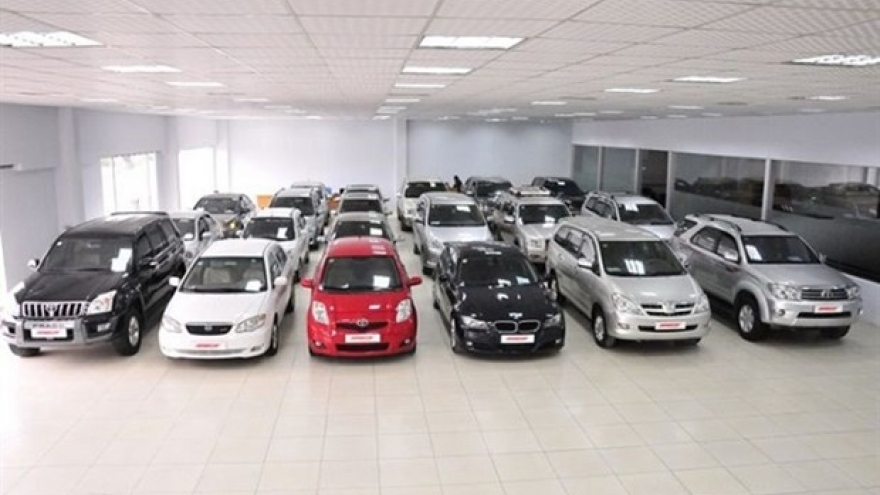
Vietnam automobile market slides to fìfth in Southeast Asia
The recent decline in Vietnam’s automobile consumption and its drop to the fifth place in Southeast Asia can be attributed to both external and internal factors, car experts said.
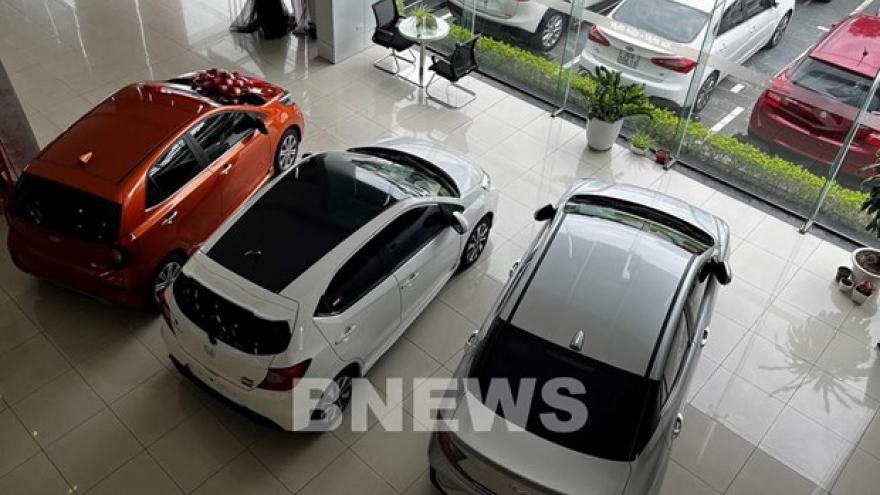
Automobile imports down nearly 10% in eight months
Vietnam imported 86,749 completely-built automobiles (CBUs) worth over US$2 billion in the first eight months of this year, down 9.8% in both quantity and value compared to the same period last year, according to the General Department of Vietnam Customs.
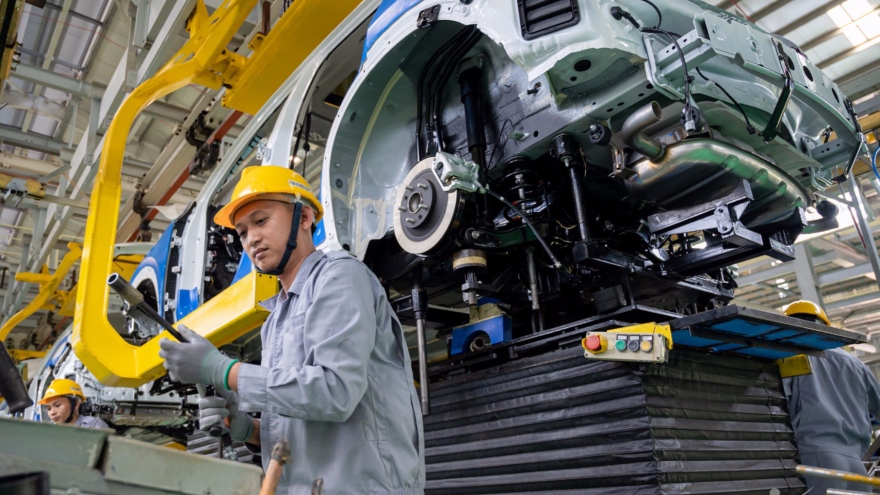
Car prices plummet during ‘ghost month’, car dealers sit idle
Though automobile prices have fallen to unprecedented low levels, auto showrooms remain deserted with just several visitors and no buyers, while car dealers spend their time surfing the internet.
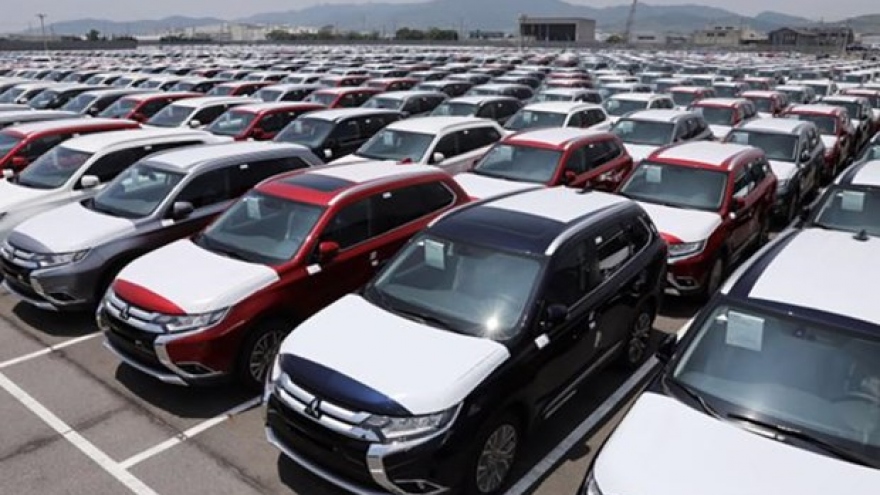
Vietnam’s automobile sales slightly grow in July
Members of the Vietnam Automobile Manufacturers Association (VAMA) sold 24,687 vehicles in July, up 4% month-on-month, VAMA reported on August 14.
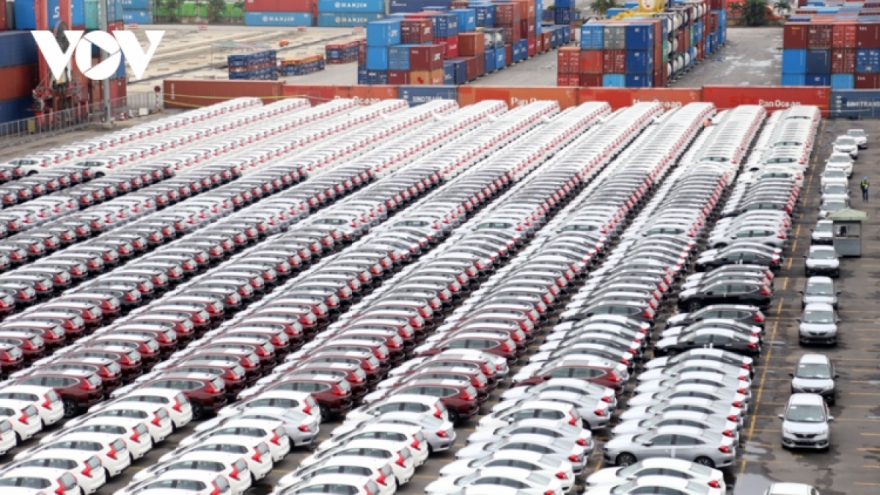
Imports of automobiles rise in June
VOV.VN - The import of completely-built automobiles (CBUs) saw an upward trend in June, after dropping up to 40% in the previous month, according to the latest preliminary statistics of the General Department of Customs.
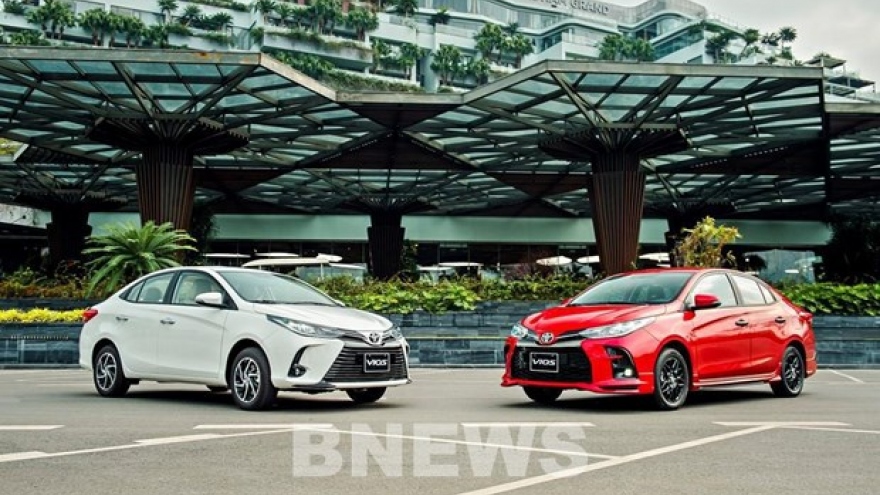
Vietnam’s automobile market grows 15% in H1
Members of the Vietnam Automobile Manufacturers Association (VAMA) sold 23,800 vehicles in June, up 15% from the previous month, VAMA announced on July 12.


